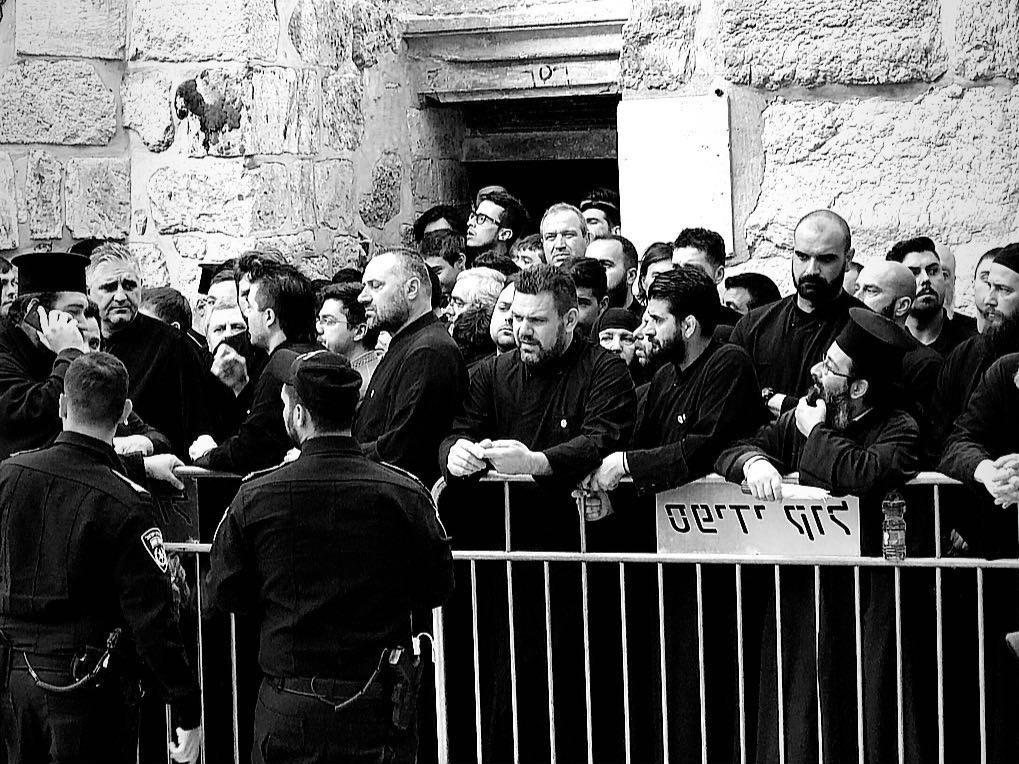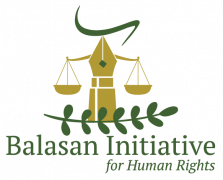Israel imposed the Jerusalem closure policy with the aim of blocking the physical access of millions of Palestinians from the West Bank & Gaza to Jerusalem, through the Annexation Wall, military checkpoints, the settlement enterprise and its associated infrastructure, and “administrative” barriers like the permit system. Yet, full access to Jerusalem is granted for Israeli settlers residing in Israeli settlements that are built illegally in the occupied Palestinian territory “oPt”.
The full closure and Isolation of Jerusalem from the rest Palestinian cities within the oPt has gravely impacted the Palestinian geographic integrity, social fabric, and a wide array of fundamental human rights, given that Jerusalem is central to the 3 Abrahamic religions, as well as to Palestine’s history, culture, heritage and economy. Such arbitrary closure has become the rigid norm for millions of Palestinians, including Palestinian Christians- the descendants of the oldest denominations of Christianity in the world – who have witnessed for the first time in history the Israeli-imposed separation between Bethlehem and Jerusalem, representing the main two pillars in the Christian faith: Nativity and Resurrection.

As a result, any Palestinian from the West Bank & Gaza wishing to enter Jerusalem for any reason, including worship, will have to apply for a “permit” from Israeli authorities, and if and when the permit is obtained, they can only enter through the designated checkpoints. “Entry Permits” to Jerusalem are issued by Israel’s military, and come limited in terms of time and duration. The permits are very easily revocable, and can be blocked due to “security reasons”. As such, it is difficult to challenge the permit bans since the information behind the bans are classified as “secret information”.
Every Easter, Palestinian Christians in the West Bank need Israeli permits to enter Jerusalem to be able to celebrate Holy Week in the city. Even when they do get the permits, and manage to get through the checkpoints to Jerusalem, Easter celebrations are systematically disrupted and faithful Christians celebrating it are harassed and attacked by Israeli police. With such restrictions and harassments, thousands of Palestinian Christians are practically deprived from celebrating Easter in Jerusalem.
In a context where Israel is working relentlessly to ensure the Judaization of Jerusalem, which entails the fragmentation and erasure of Palestinian history and narratives, both Christian and Muslim, and violates a wide set of Palestinian fundamental human rights in the process, including the religious rights and freedoms, Israel has recently announced that it will increase its restrictions on Christian worshippers access to the Church of Sepulcher on Holy Fire Saturday, by limiting the number of Palestinians allowed to participate in the celebratory ceremonies to a mere 1000 celebrants, and restricting access to the surroundings of the Church. The usual capacity of the Church on Holy Fire Saturday is between 10,000 to 11,000 celebrants.
Israel’s systematic and increased restrictions on Christian celebrations during Easter are an attack on their religious rights, and threaten centuries-old Christian traditions in celebrating Easter, which are an inseparable part of the Palestinian Christian identity.
Such additional arbitrary restrictions are imposed by Israel inside occupied East Jerusalem, illegally annexed by Israel, constituting another manifest violation to international law which prohibits Israel, in its capacity as the occupying power, from taking measures that seek to change the identity and character of Jerusalem, as well as the Status Quo of the city, and considers any such unilateral alterations to be null and void[1].
[1] UN Security Council resolutions 478 and 2334
